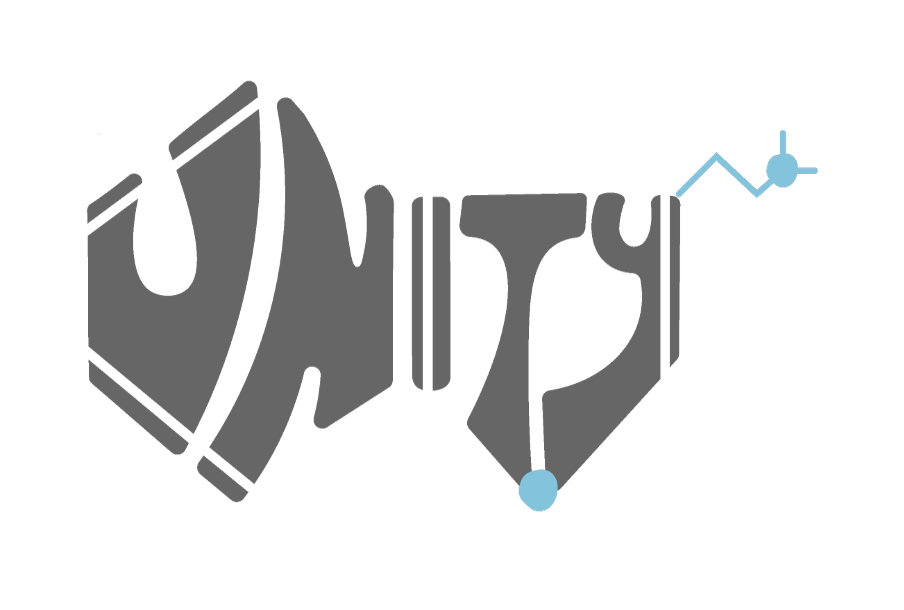Recruiting Participants for a Study Investigating the Effects of DMT in Heavy Drinkers.
We are conducting a brain imaging study at UCL to explore how the psychedelic drug N,N-Dimethyltryptamine (DMT) affects brain activity, and how this compares to other similar, but non-psychoactive drugs. Our aim is to better understand how DMT affects the brain and behaviour in people who drink alcohol regularly.
We are looking for volunteers (aged 21 - 65 years) who drink alcohol regularly, and want to cut down.
What Does Participation Involve?
This study involves three in-person visits to UCL (near Euston) over the course of three weeks. The study will involve:
Dosing Session: You’ll receive one intravenous (IV) dose of either DMT, Lisuride, D-Cycloserine or placebo
EEG Scan: Whilst under the effects of the IV dose, we’ll record your brain activity with EEG. This is a non-invasive method involving wearing a cap fitted with small electrodes
MRI Scans: You’ll undergo two MRI scans on separate dates before and after your dosing session, whilst watching a movie
Tasks & questionnaires
Preparation Course: Complete an online preparation course including short meditation and journalling exercises
App Journalling: Reply to notifications to log your thoughts and feelings
Follow-Up Sessions: Attend four short follow up sessions post-dosing
Compensation and Benefits:
Participants will be compensated at a rate of £10/hour, which is approximately £250 for full completion of the study. Additionally, participants will receive:
A personalised alcohol reduction plan
A free MRI picture of your brain
Confidentiality:
All information collected will be pseudonymised, stored securely and treated with the utmost confidentiality. If your data is used in a scientific paper it will be anonymised.
Interested? Sign Up Now!
If you're interested in contributing to this exciting research, we invite you to complete our sign-up survey. Our team will then contact you to discuss the next steps and answer any questions you may have.
If you have any questions about this study, please email us at unity-project@ucl.ac.uk


